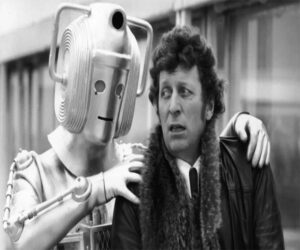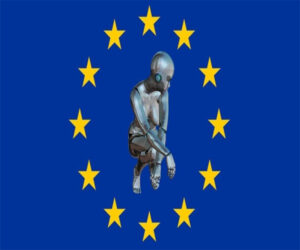Researchers are developing a way to incorporate one of the most human of characteristics—uncertainty—into machine learning systems. Human error and uncertainty are concepts that many artificial intelligence systems fail to grasp, particularly in systems where a human provides feedback to a machine learning model. Many of these systems are programmed to assume that humans are always certain and correct, but real-world decision-making includes occasional mistakes and uncertainty.
Researchers from the University of Cambridge, along with The Alan Turing Institute, Princeton, and Google DeepMind, have been attempting to bridge the gap between human behavior and machine learning, so that uncertainty can be more fully accounted for in AI applications where humans and machines are working together. This could help reduce risk and improve trust and reliability of these applications, especially where safety is critical, such as medical diagnosis.
The researchers say their results have identified several open challenges when incorporating humans into machine learning models. They are releasing their datasets so that further research can be carried out and uncertainty might be built into machine learning systems.
Source: TechXplore



